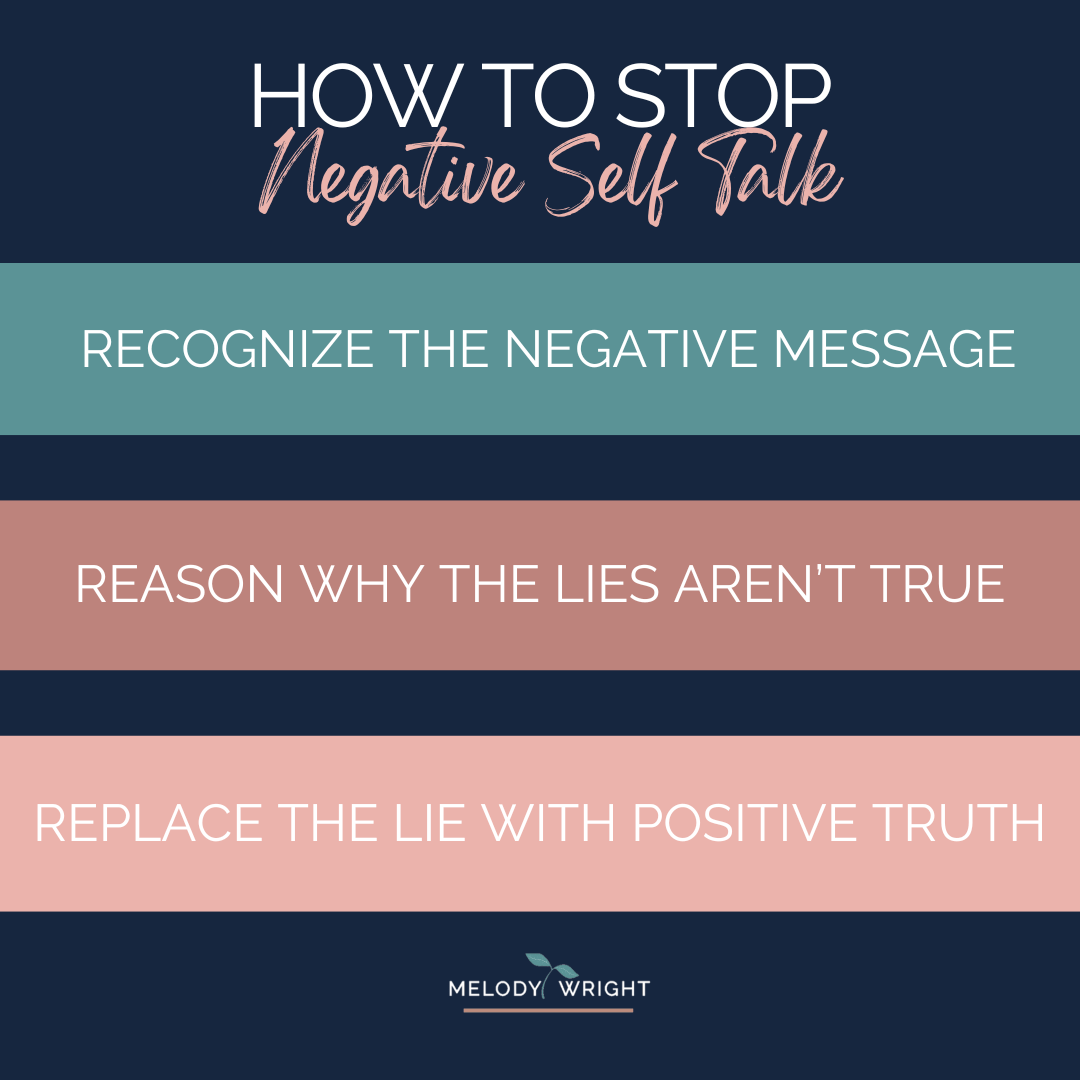From Self-Doubt to Self-Love: 10 Ways to Transform Negative Thoughts
By Melody Wright, LMFT Do you ever find yourself wrestling with doubts about your abilities, worth, or place in the world?
If you answered “yes”, we want you to know that you're not alone. Self-doubt is a common experience that can plague even the most confident people. It has the ability to cast shadows of uncertainty on our thoughts and actions. Yet, you have the potential for profound transformation—a journey from self-doubt to self-love.
In this blog post, we'll explore some actionable steps to replace self-doubt with confidence and self-love. Whether you're grappling with fleeting moments of insecurity or facing persistent doubts that overshadow your life, this blog will support the path toward greater self-compassion, resilience, and inner peace.
From Doubt To Empowerment
This journey from having negative thoughts or self-doubt to embracing an empowered mindset is something that requires commitment to self-awareness, self-compassion, and mindful actions geared toward cultivating a positive self-image. It’s not about erasing all doubts overnight but rather about developing the inner resilience and self-acceptance to navigate through them with grace when they arise.
Here are some essential steps to guide you through this transformation process.
1. Acknowledge Your Self-Doubt
The first step in transforming self-doubt is to become aware of it and acknowledge it. This self-awareness will support you in recognizing when self-doubt comes through and how it manifests in your thoughts and behaviors.
2. Practice Self-Compassion:
Treat yourself with kindness and understanding, just as you would treat a close friend. Hold a non-judgmental space and allow self-compassion to come through. This allows you to be gentle with yourself when facing difficult situations or perceived failures. Instead of harsh self-criticism, offer yourself words of encouragement and support.
3. Challenge Negative Thoughts
Pay attention to your inner dialogue and challenge negative self-talk. When you notice yourself doubting your abilities or worth, counter those thoughts with positive affirmations and realistic perspectives. Remind yourself of your strengths, accomplishments, and past successes. You can say things such as, “It’s ok, I can handle it better next time”, or “I can”.
4. Set Realistic Goals
Break down your goals into smaller, achievable steps. Setting realistic goals helps prevent feelings of overwhelm and inadequacy. Celebrate each milestone you reach, no matter how small, because every step contributes to your growth and progress.
5. Stop the Comparison
Instead of comparing yourself to others, focus on your personal growth and development. Remember that everyone is at a different stage in life, everyone was raised differently, carries different perspectives, and has different obstacles in their life. Embrace your journey of continuous improvement, knowing that progress takes time and effort. Cultivate a growth mindset that views challenges as opportunities for learning and self-discovery.
6. Practice Gratitude
Keep gratitude at the forefront of your mind by acknowledging the positive aspects of your life. Reflect on the things you appreciate about yourself and your experiences. Gratitude helps shift your perspective from what you lack to what you already have, which will help foster self-love and contentment.
7. Engage in Self-Care
Prioritize self-care activities that nurture your physical, emotional, and mental well-being. This could include exercise, healthy eating, relaxation techniques, hobbies, spending time with loved ones, or seeking professional support when needed. Taking care of yourself demonstrates self-love and reinforces your worthiness of care and attention. This step will also help you discover things that make YOU happy rather than following the outside influences telling you what will make you happy.
8. Surround Yourself with Supportive People
Surround yourself with supportive friends, family members, or mentors who uplift and encourage you. Seek out positive influences that affirm your worth and capabilities. Having this strong support system can boost your confidence and help you navigate through moments of doubt.
9. Practice Mindfulness and Meditation:
Cultivate mindfulness through practices such as meditation, deep breathing, or mindfulness exercises. Mindfulness helps you observe your thoughts and emotions without judgment, allowing you to develop greater self-awareness and acceptance. Over time, mindfulness can reduce the intensity of self-doubt and foster a greater sense of inner peace and acceptance.
10. Seek Professional Help if Needed:
If self-doubt significantly impacts your daily life or mental health, consider seeking support from a therapist or counselor. Therapy can help you get to the root of where your negative self-talk might come from and provide you with tools and strategies to address the underlying issues, build self-esteem, and cultivate self-love in a safe and supportive environment. You might find that narrative therapy, holistic therapy, and somatic therapy can be especially supportive for boosting self-esteem.
Final reflections
We want you to remember that transforming self-doubt and negative self-talk into self-love is a gradual process that requires patience, persistence, and self-compassion. Be gentle with yourself as you walk out this journey of self-discovery and growth. If you find that you are interested in therapy to support this journey, consider meeting with one of our skilled clinicians here at Life By Design Therapy. Our therapists specialize in Holistic and Somatic Therapy and they are ready to customize your care within a secure environment. Click HERE to schedule a free consultation today.
Affirmations for Self-Doubt
I am capable of overcoming any challenges that come my way.
I trust in my ability to make sound decisions.
I am deserving of success and happiness.
I recognize my strengths and value my unique qualities.
I choose to believe in myself, even when faced with uncertainty.
Additional Resources
**If you’re interested in expanding your knowledge on growing your confidence, check out these books below:
"Self-Compassion: The Proven Power of Being Kind to Yourself" by Kristin Neff
"Radical Acceptance: Embracing Your Life With the Heart of a Buddha" by Tara Brach
“The Untethered Soul: The Journey Beyond Yourself" by Michael A. Singer
"Emotional Intelligence: Why It Can Matter More Than IQ" by Daniel Goleman
"Big Magic: Creative Living Beyond Fear" by Elizabeth Gilbert
"The Power of Now: A Guide to Spiritual Enlightenment" by Eckhart Tolle



